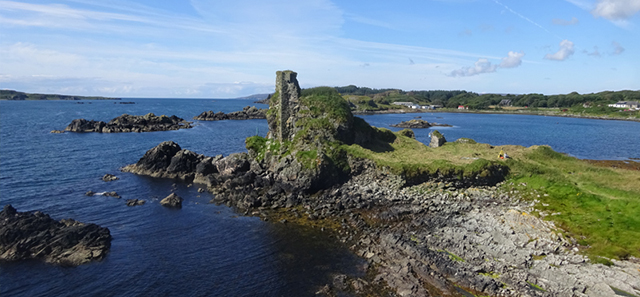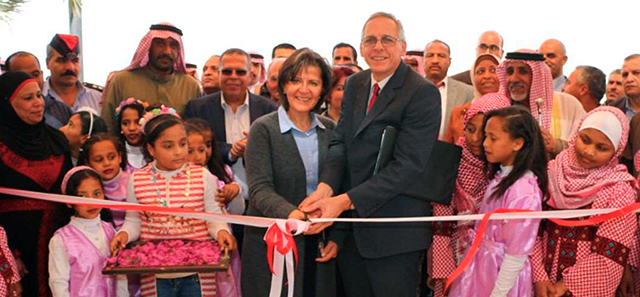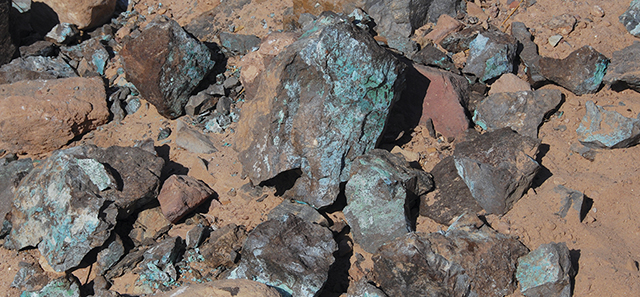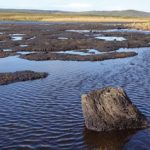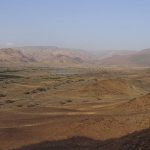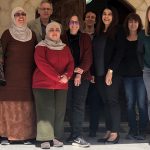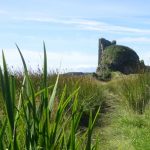Cultural heritage is a critical asset for sustainable development throughout the world. This can be used to support eco-tourism, defined as “responsible travel to natural areas that conserves the environment, sustains the well-being of the local people, and involves interpretation and education”. It can also directly support the coherence, resilience and self-determination of communities, while engaging with both the tangible and intangible aspects of cultural heritage as a means to enhance social and individual well-being.
Sustainable development is often conceived as only relating to regions of the world that are disadvantaged and are seeking economic growth. It is, however, an issue for all communities, even for those in relatively wealthy parts of the world. There is a universal need to reduce our carbon footprints and pollution and to ensure social and individual well-being in challenging political and economic times, while also ensuring economic sustainability, if not growth.
Steven Mithen is leading projects that seek to use cultural heritage for sustainable development and community well-being in two quite different parts of the world – Faynan in southern Jordan and on the Isle of Islay in Western Scotland. He has undertaken research in both regions over many years, and is now seeking to use the outcomes of that research and the knowledge he has developed of cultural heritage to make a direct contribution to the local communities.
